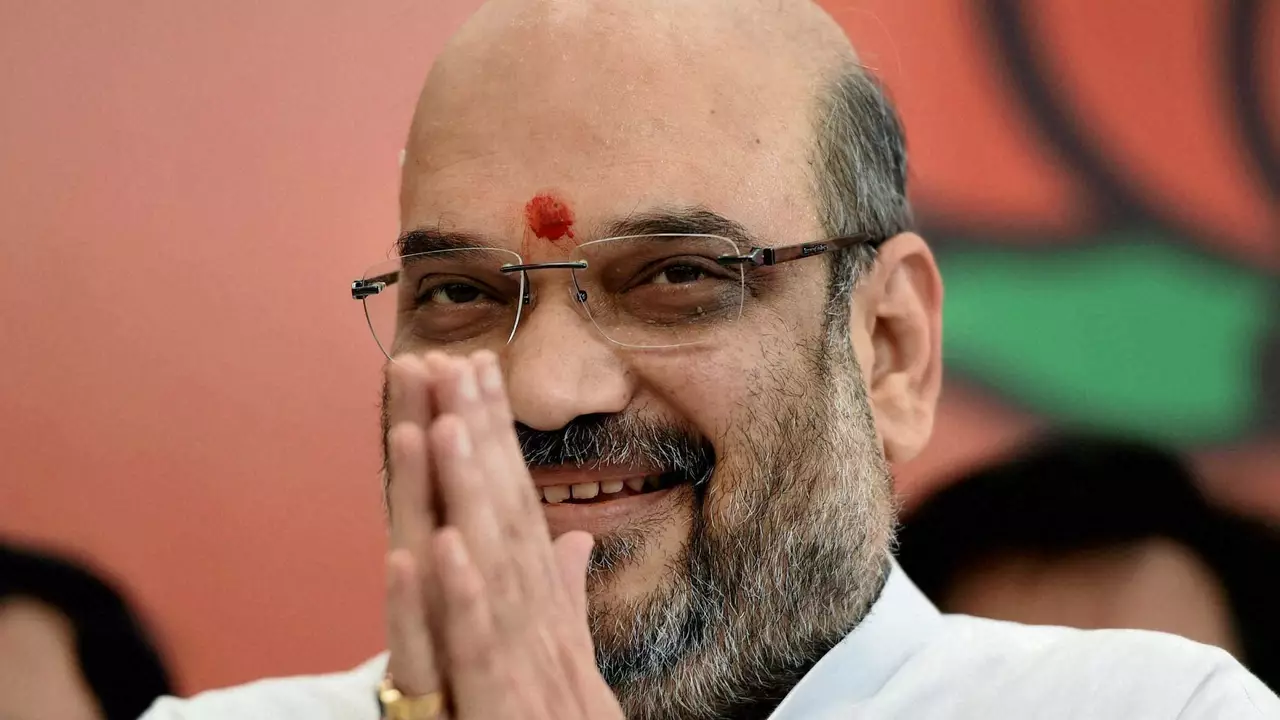Political Strategist Guide: Skills, Tools, and Career Path
If you’ve ever wondered who decides what messages hit the airwaves during an election, it’s usually a political strategist. They mix data, people skills, and a bit of psychology to push a candidate or cause forward. In this guide you’ll get a clear picture of what the job looks like, the must‑have abilities, and the software that makes modern campaigning run smoother.
Core Skills Every Strategist Needs
First off, a strategist must be a good listener. Understanding voter concerns, the opponent’s moves, and the candidate’s strengths is the foundation of any plan. That listening skill pairs with strong research ability—digging into polls, demographic data, and past election results to spot patterns.
Second, communication matters. Whether you’re writing a speech, a social‑media post, or a briefing note, you need to turn complex data into simple, persuasive language. Being able to adjust tone for different audiences—urban young voters versus rural elders—keeps the message relevant.
Third, organization keeps the chaos at bay. Campaigns run on tight timelines, and a strategist often juggles multiple tasks: coordinating volunteers, setting up town halls, and tracking ad spend. Project‑management basics help keep everything on schedule.
Lastly, a sense of ethics is essential. The line between persuasive messaging and misinformation is thin, and the public’s trust is a long‑term asset. Making choices that respect truth builds credibility for the candidate and the strategist alike.
Digital Tools That Boost Campaigns
Technology has changed how campaigns operate. Here are three tools you’ll see most strategists using daily.
1. Voter Data Platforms (VDPs) – Programs like NationBuilder or NGP VAN store voter contact info, past voting records, and issue preferences. A strategist uses these platforms to segment audiences and send targeted messages via email or SMS.
2. Social‑Media Management Suites – Tools such as Hootsuite or Buffer let you schedule posts, monitor engagement, and respond quickly to trending topics. They also provide analytics that show which posts are driving clicks, shares, or donations.
3. Survey & Polling Apps – Services like SurveyMonkey or Google Forms help collect real‑time feedback from volunteers, focus groups, or the public. Quick polls after a debate can guide the next round of talking points.
Beyond these, most strategists use basic spreadsheet software for budgeting and simple dashboards, but the real power comes from linking all the data sources together. When VDP data, social metrics, and poll results talk to each other, you can spot a swing in voter sentiment before the news cycles catch up.
Getting started as a political strategist doesn’t require a Ph.D. in political science, though a degree in communications, data analytics, or public policy can help. Internships on local campaigns give hands‑on experience with the tools mentioned above. Volunteering to manage a candidate’s social‑media page is a low‑cost way to build a portfolio you can show to future employers.
Networking matters too. Attend town‑hall meetings, join political consulting groups on LinkedIn, and follow thought leaders who share campaign case studies. Those connections often lead to freelance gigs or entry‑level analyst positions.
In short, a political strategist blends listening, research, clear messaging, and smart use of tech to turn ideas into votes. Master the core skills, get comfortable with the digital tools, and start building real‑world experience. Before long you’ll be the person shaping the narrative that decides an election’s outcome.
Is Amit Shah the best political strategist of recent times?
Posted by Aarav Khatri on Jul, 11 2023

In the realm of Indian politics, Amit Shah is often hailed as one of the most brilliant strategists of recent times. His ability to meticulously plan campaigns and execute them with precision has been instrumental in the electoral success of his party. His knack for understanding the pulse of the electorate and formulating policies accordingly has won him many accolades. However, like any political figure, he too has his share of critics. It's truly a matter of perspective whether one considers him the best or not.